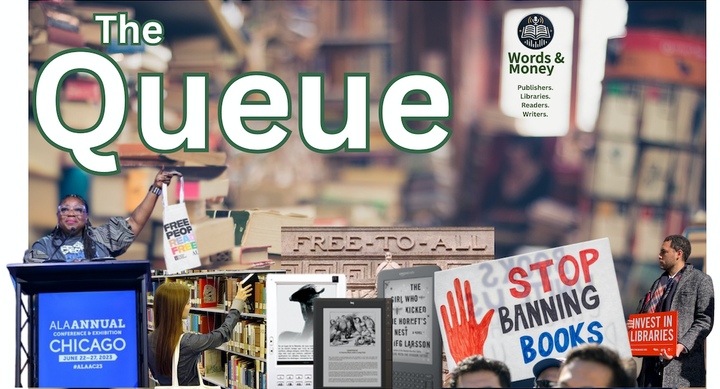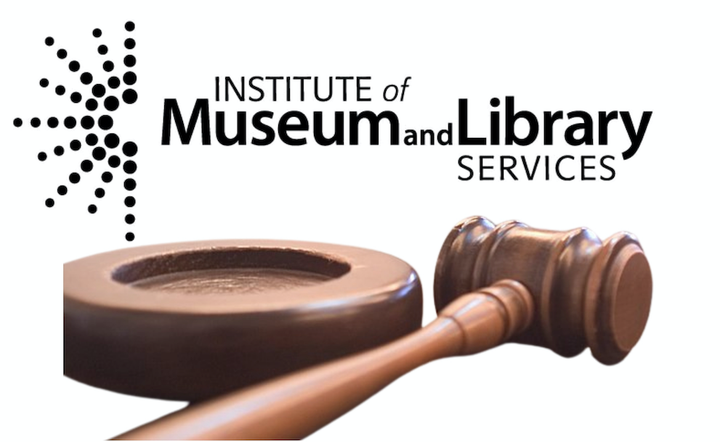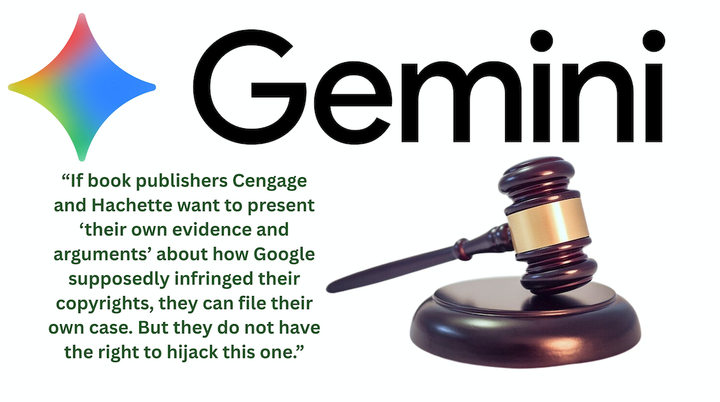The Queue: Library News for the Week Ending September 26, 2025
Among the week's headlines: incoming ALA executive director Dan Montgomery sits for an interview; the Trump FCC is set to kill two popular WiFi programs; the Carnegie Library of Pittsburgh is hosting a literacy summit; and ALA announces George Takei as honorary chair of Banned Books Week.
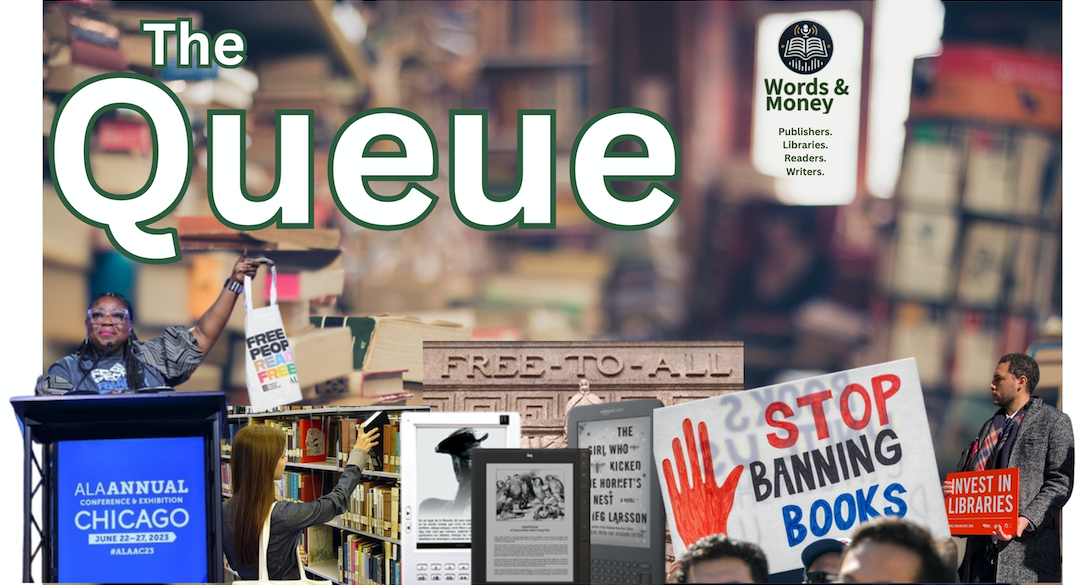
On the eve of its 150th anniversary in 2026, it's fair to say that the American Library Association is at a crossroads. In a members-only presentation last week, ALA officials revealed that that the association is facing an even more serious financial crisis than initially thought, and plans are in the works to remake the association for the future–plans that will necessarily involve some painful choices.
It's against this backdrop, and a host of unprecedented external challenges facing libraries, that newly appointed ALA executive director Dan Montgomery–the first non-librarian executive director in the organization's history–will take the helm in November.
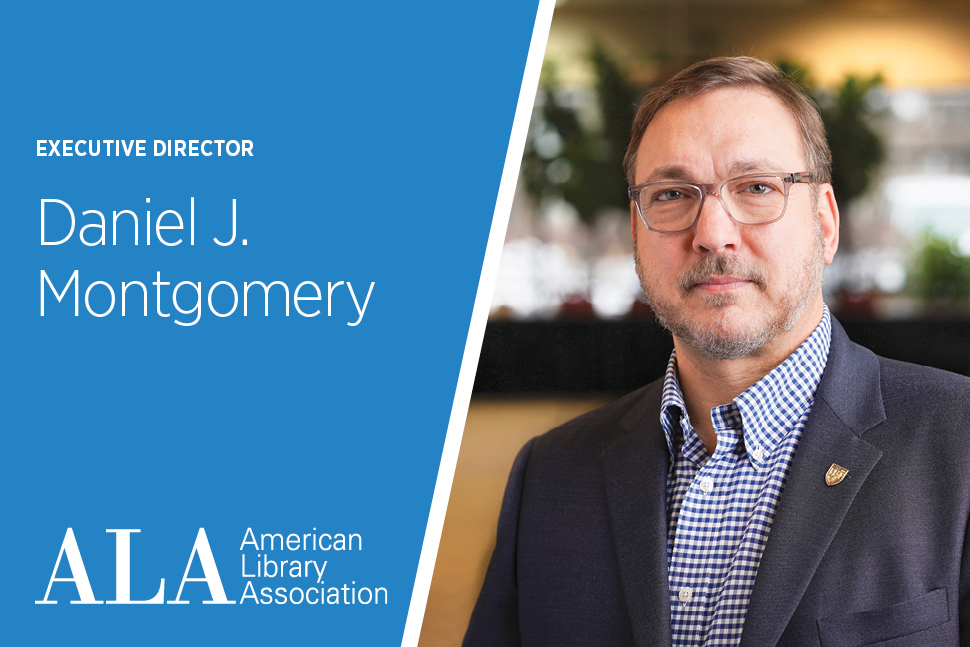
This week, American Libraries posted a good Q&A with Montgomery. While there isn't much in the way of specific details about what's lies ahead, it's also not a softball interview.
"The position of the library in American life is more important than ever, and yet it’s at the vector of a lot of attacks happening in our culture, in our polity," Montgomery acknowledges. "When times are tough, lean on first principles," he goes on to tell American Libraries. "Because in times like these, you can be pulled in many directions, right? But in big organizations, you can’t do everything or be everything to everybody. If you try too much to do that, you just attenuate your strength."
The FCC Is Set to Pull the Plug on WiFi for Millions of Americans
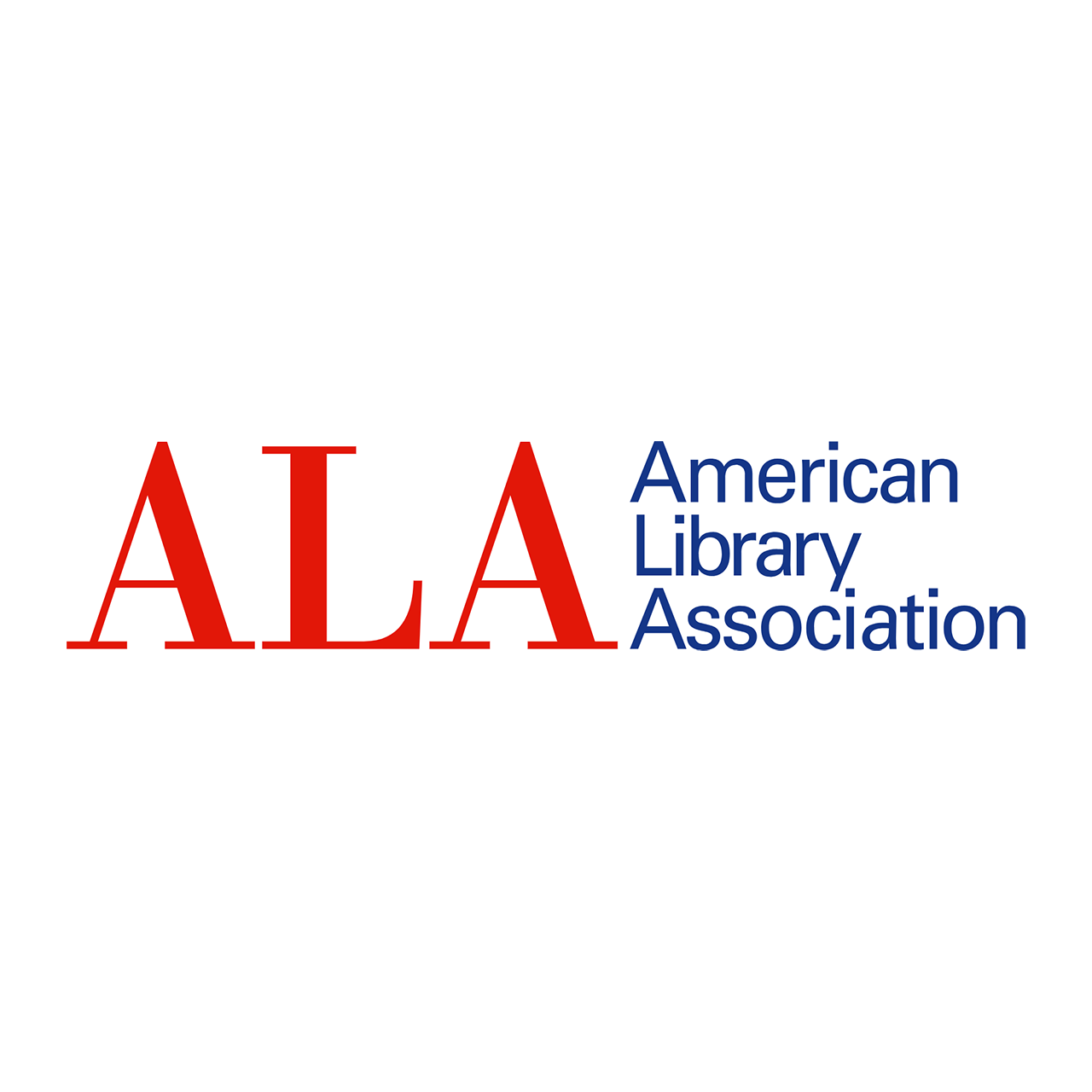
In a last minute move, the FCC this week added two agenda items to the commission's upcoming September 30 meeting: votes that are expected to kill two popular and successful programs championed by the library community, one that allows for e-rate funding for WiFi on school buses, and another that supports the 1,762 public libraries approved by the FCC to loan WiFi hotspots in their communities.
The programs have been targeted since Trump's return to the White House, but ALA reps told Words & Money that slipping the votes onto the agenda for next week's meeting at the 11th hour–literally just an hour before the start of the sunshine period (the point at which communications to FCC commissioners is prohibited ahead of a meeting)–was especially unappreciated.
Still, ALA and its allies rallied to get a joint letter off to the FCC and issued a press release urging the agency not to end the programs, which have been vital lifelines for many people around the country.
"Chairman Carr's move to repeal the program next week looks like one more tactic of this administration to limit Americans’ access to information," said ALA president Sam Helmick, in a statement. "Lack of access to home broadband is a daily problem for students trying to succeed in school, people looking for jobs, rural residents relying on telehealth, and for Americans without digital skills to file their taxes and set up online banking. Policymakers should welcome the eagerness of local libraries and schools to be part of the solution."
For those interested, the September 30 FCC meeting will be streamed live at fcc.gov/live and on the FCC’s official YouTube channel starting at 10:30 a.m. ET, and a recording of the meeting will be archived on the FCC event page and on YouTube.
Could Jimmy Kimmel's 'Free Speech' Monologue Be a Watershed Moment?
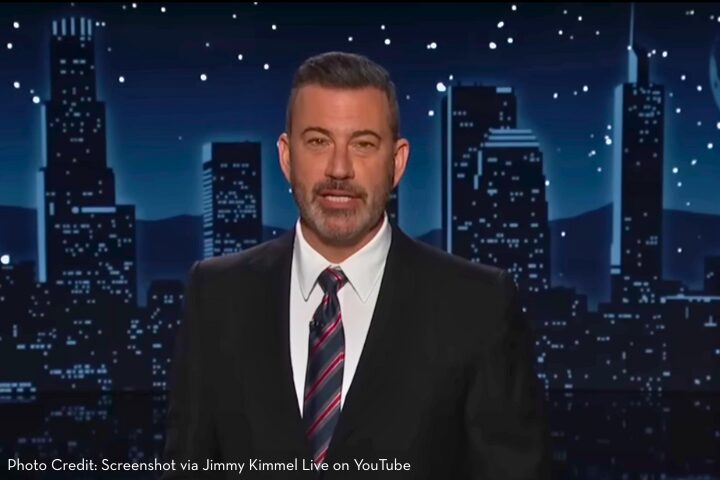
While on the subject of the Trump FCC's alarming tactics, PEN America's Jonathan Friedman–someone who knows a few things about battling censorship–wrote a good post this week praising late night host Jimmy Kimmel's words upon his return to the airwaves. If you missed Kimmel's monologue, you can view it here.
"Kimmel’s return was in many ways a victory for free speech and its advocates, who had fiercely coalesced against his suspension. The threat from the FCC that precipitated the show’s suspension constituted such brazen government interference that it served to unite an otherwise fractious chorus from across the political spectrum, at least on this one issue," Friedman wrote, adding that Kimmel’s return "could become a watershed moment in the current free speech crisis propelled by the Trump administration."
Penguin Random House Is Once Again Firing Up Its 'Banned Wagon' for Banned Books Week

For a third straight year, Penguin Random House will be sending its "Banned Wagon" back on the road for Banned Books Week.
"Running from October 5 to October 11, the Banned Wagon’s route this year focuses on Washington D.C. and Philadelphia, PA, two cities with deep ties to the country’s founding ideals," PRH officials note, in a release. "At each stop, the Banned Wagon will showcase a selection of 30 books—from picture books to novels—that are currently being banned and challenged across the country and distribute free copies (while supplies last) to event attendees. Attendees will be able to take further action by sending a note to local representatives through Penguin Random House’s partnership with EveryLibrary."
Texas School District Is Said to Ban Pinkalicious... for Sexual Content?

The Houston Chronicle reports that more than 700 books have been banned from the Lamar CISD libraries for the 2025-26 school year, including a popular children's book.
Anne Russey, co-director of the Texas Freedom to Read Project, told the Chron that "many of the books banned by the district are the same ones targeted by activists and political groups such as Moms for Liberty, Citizens Defending Freedom, and the Remnant Alliance which frequently file book complaints statewide."
The bans reportedly include Pinkalicious, which appears to have somehow run afoul of HB 900, the 2023 state law that established statewide standards for sexual content in library materials. Some have surmised that an illustration of Pinkalicious in a bathtub may be to blame. But, c'mon, really?
"Pinkalicious has never been sexual, is not sexual," Laney Hawes, Texas Freedom to Read Project's co-director, told the Chron. "And the fact that now it's being ultimately kind of like coded as sexual is gross."
As Concerns Over Reading Skills Mount, Carnegie Library of Pittsburgh Is Hosting a Summit on Literacy
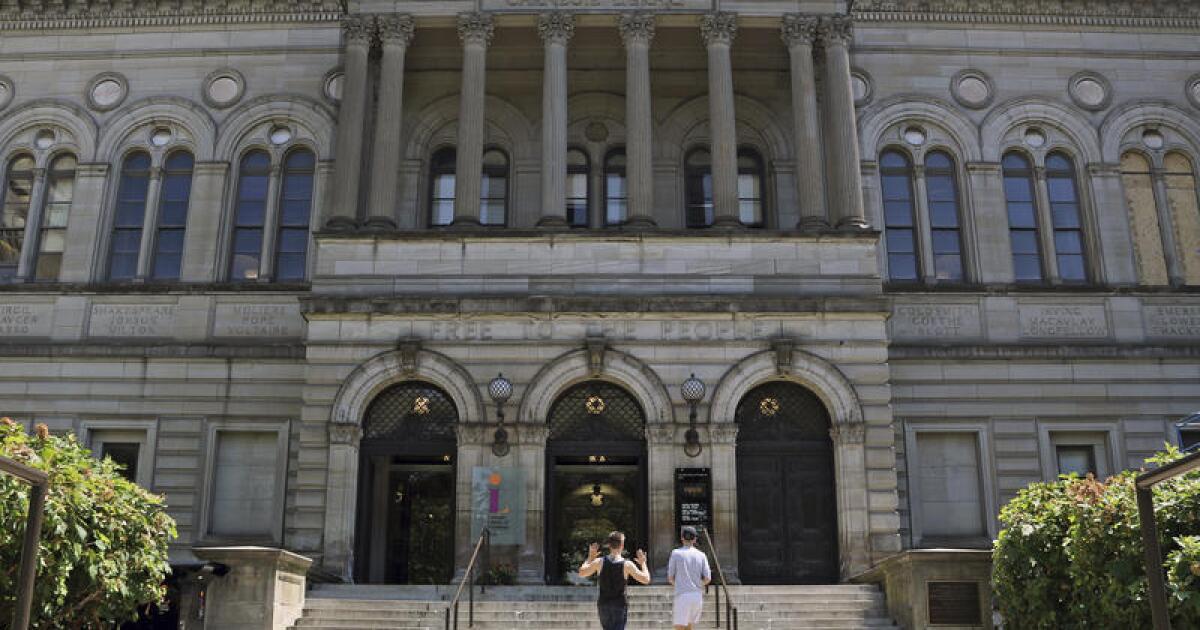
Amid several recent reports showing that Americans' reading habits are in decline, local affiliate WESA reports that the Carnegie Library of Pittsburgh is set to hold a "literacy summit and resource fair" this weekend.
"Attendees will hear from the region’s literacy experts and connect with resources and services supporting families with young children. The event will open with remarks from Pittsburgh Mayor Ed Gainey, who called literacy the first step in breaking out of poverty," the report notes. “Children's literacy is all of our jobs,” Carnegie Library of Pittsburgh president Andrew Medlar told reporters. “This really is something that takes every one of us in the community working together to help to effect change, and we'll be having amazing discussions about this issue on Saturday.”
Follett Content Is Expanding to Serve Public Libraries
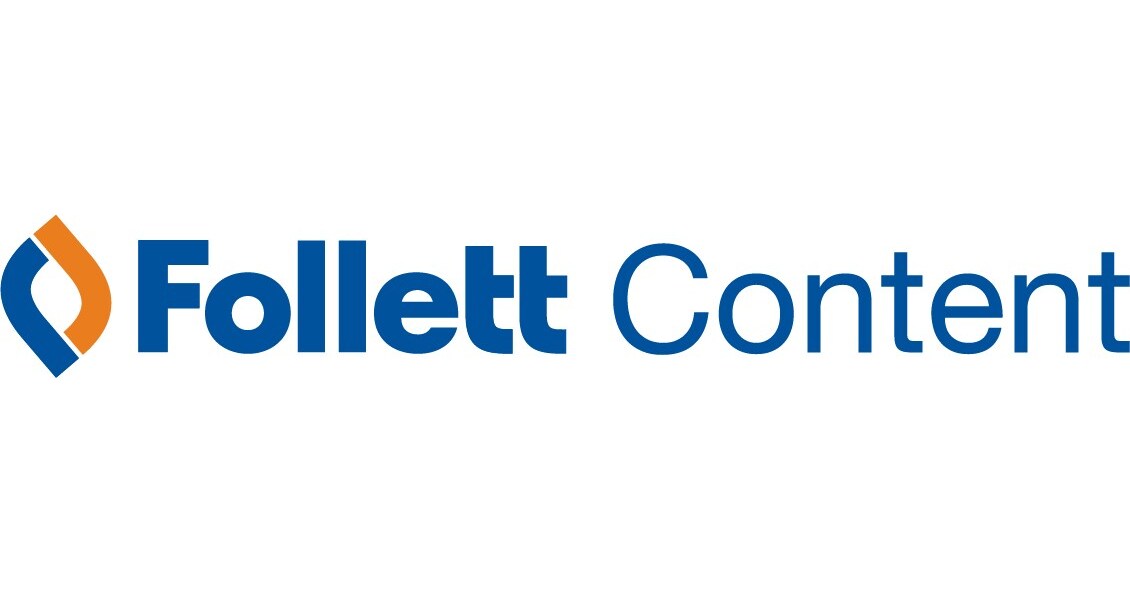
More news in the library distribution world this week, with Follett Content, a major player in the school library space, announcing that it is expanding its Titlewave online collection development service to fulfill print orders from public libraries.
"Follett Content works with more than 6,000 publishers to offer a vast inventory of over 370,000 in-stock print titles, including 80,000 FollettBound titles–the company's premium library binding–through Titlewave," the press release notes, adding that the company will "actively engage with public librarians to ensure any future offerings align with and support the evolving needs of public libraries."
Publishers Are Sweating Out the Details of ReaderLink's Deal for Baker & Taylor

In a follow up to his recent scoop, Jim Milliot at Publishers Weekly reports that "the book publishing community is anxiously awaiting" the final terms of ReaderLink’s acquisition of Baker & Taylor.
"In ReaderLink’s letter to publishers and other partners, company CEO Dennis Abboud noted that under terms of the deal, ReaderLink is buying only B&T’s assets and that all outstanding financial obligations remain with B&T," the article notes. "That last part has many publishers worried about how much they can expect to be paid by B&T, given the financial troubles laid out in the ReaderLink letter."
But while some publishers are wary of getting stiffed, the article also points out the upside of the deal, "the most important being that B&T will still exist and benefit from the additional resources of ReaderLink."
University Press Association Responds as Trinity University Press Is Targeted for Closure
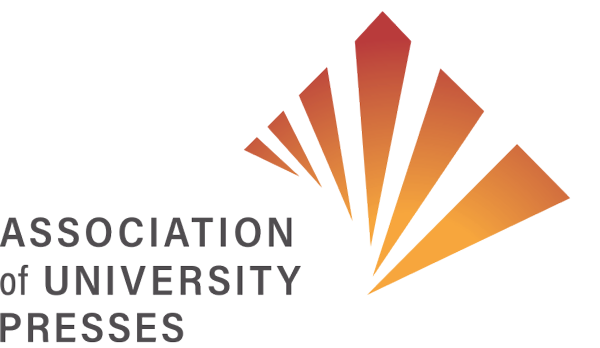
The Association of University Presses issued a release this week expressing concern over Trinity University’s plan to shutter its award-winning press at the end of 2026.
“The costs of running a high-quality small press have become unsustainable in light of the additional investments that the university is making in its educational mission and the core operations that support that mission,” wrote Trinity University Provost Megan Mustain in an internal message, according to the San Antonio Report.
In a release, AUPresses leadership said it has reached out to Trinity University officials "to offer our community’s assistance and insights as planning for the press proceeds," expressing hope that "a mutually beneficial reimagination of the press will be possible."
In addition to publishing a strong "environmental and built environment lists," AUpresses also note that the publisher had recently founded a new imprint, Tinta Books, which is "focused on Mexican and Mexican American history, culture, and current affairs, one of the few such dedicated imprints in the country."
Harvard Crimson Profiles Librarian Fighting for Library Ebooks

"For the past five years, Kyle K. Courtney, who directs copyright and information policy for Harvard’s libraries, has fought to make e-books more accessible to public libraries across the United States," reports the Harvard Crimson in a profile published this week. "Courtney, a lawyer by trade, believes that the strict contract terms are undermining every library’s mission across the United States.”
Changes Coming to Project Gutenberg Leadership

Sad news this week, as we have learned that Greg Newby, who since 2000 has served as CEO of the Project Gutenberg Literary Archive, the nonprofit that runs Project Gutenberg, has entered hospice.
Eric Hellman, President of the Free Ebook Foundation will take over as acting executive director as of October 1.
Project Gutenberg, founded in 1971, is the pioneering volunteer effort to offer free online access to tens of thousands of full-text, mostly public domain ebooks. "Under Greg's leadership, Project Gutenberg grew up," Hellman told Words & Money. "From Michael Hart's visionary and often idiosyncratic creation, Project Gutenberg grew into the Public Domain ebook powerhouse that it is today."
"Newby’s leadership has been cited by media outlets as a global voice on computer literacy and digital transformation and for furthering equitable access to books," reads a Wikipedia entry, adding that TIME Magazine in 2023 recognized Project Gutenberg’s Open Audiobook Collection with a "Best Invention" award in the "Social Impact" category, noting that "the software used for the project was released to the public at no cost, furthering the organization's mission to 'continuously improve methods for creating and distributing' free access to literature."
Donation Paves the Way for Major Renovation at the Boston Public Library
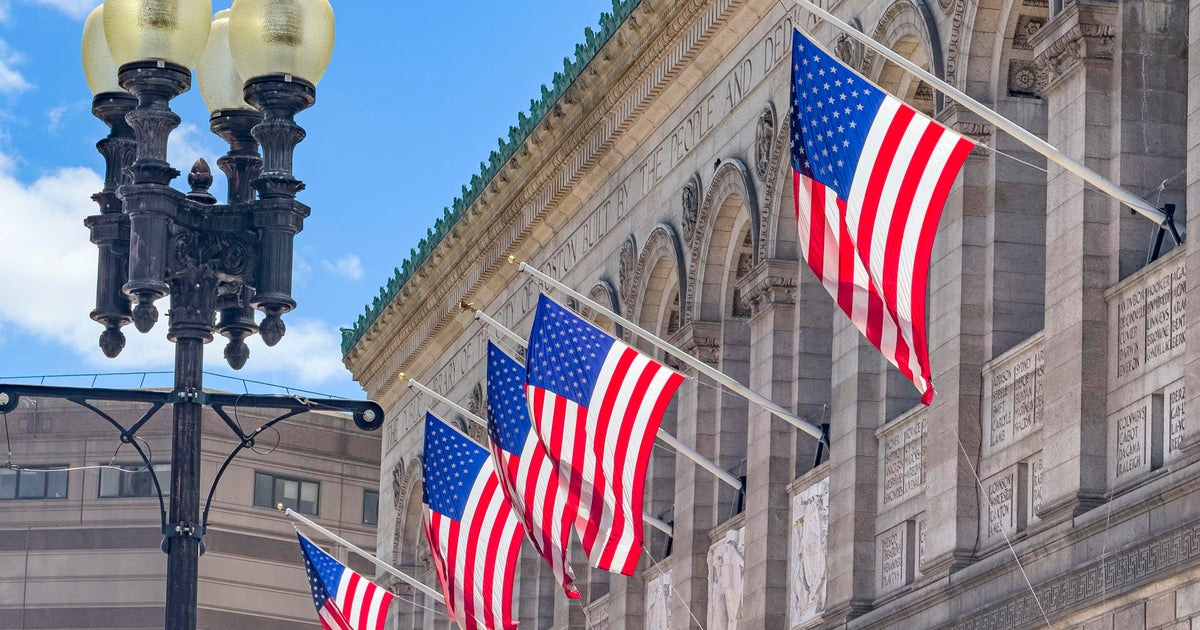
Via CBS News, the Boston Public Library has received an anonymous donation that will help ensure that the library's third floor, which has been locked away for years, can be renovated and reopened.
"The Wiggin Gallery on the third floor sits behind a locked door. It used to house prints and photographs as well as 3D dioramas representing some of the artworks in the BPL collection," the report notes. "The floor stopped being used because of its deteriorating condition, particularly the heating and cooling system, which doesn't work properly, making it challenging to house exhibits safely."
And Finally This Week...

The American Library Association this week announced that actor, author, and activist George Takei has been named honorary chair of Banned Books Week. It's a great addition.
“Books are an essential foundation of democracy,” Takei said, in a statement announcing the move. “Our ‘government of the people, by the people, for the people’ depends on a public that is informed and empathetic, and books teach us both information and empathy. Yet the right to read is now under attack from school boards and politicians across America... Please stand with me in opposing censorship, so that we all can find ourselves—and each other—in books.”












